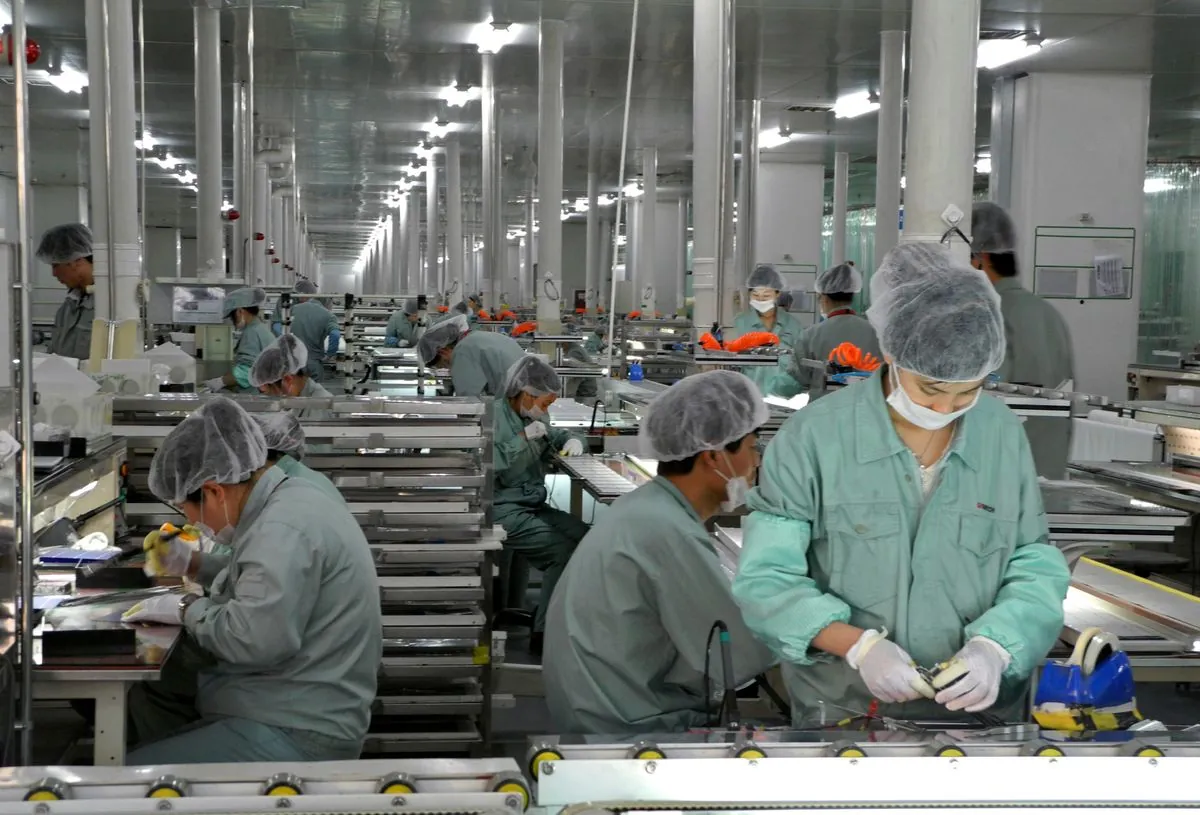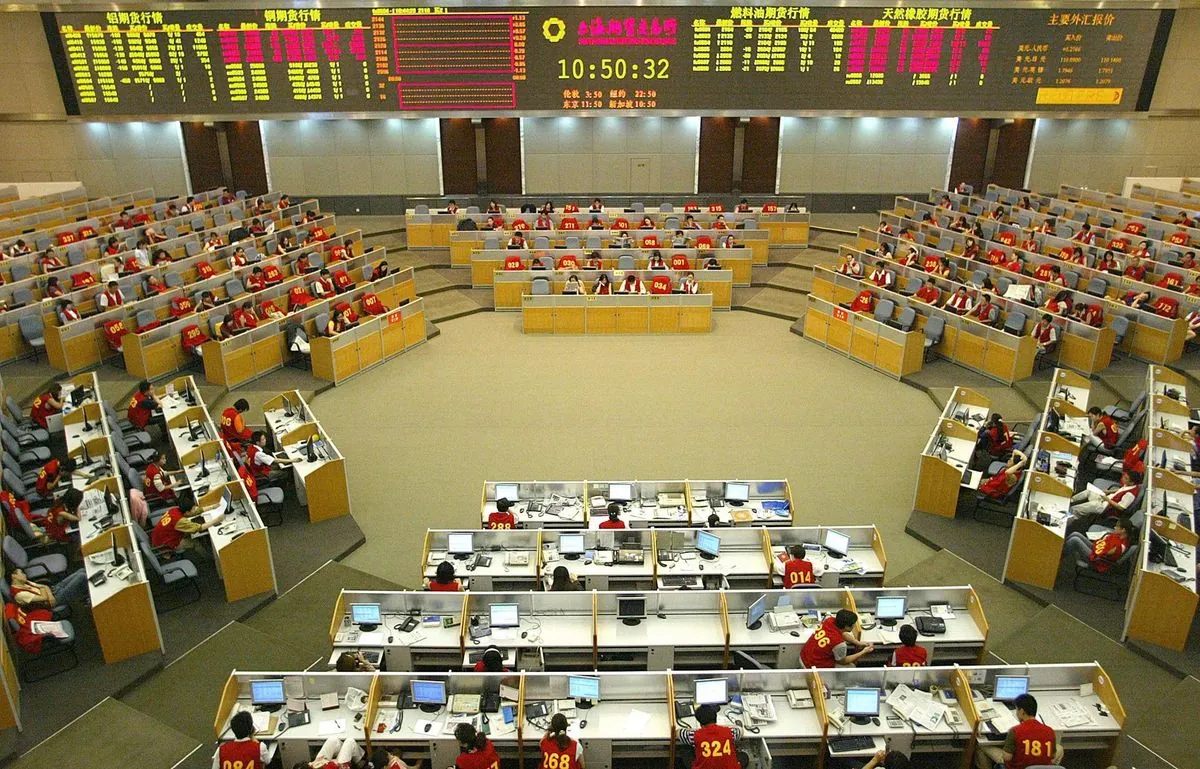China's Economy Falters as Government Unveils Stimulus Measures
Recent surveys indicate a weakening Chinese economy, prompting government stimulus. Manufacturing orders decline while stock markets surge in response to new policies aimed at boosting growth and supporting the property sector.

Recent economic indicators suggest China's economy is facing challenges, with manufacturing activity showing signs of contraction. The Caixin purchasing managers survey revealed that new manufacturing orders in September 2023 declined at the fastest rate in two years, highlighting the need for government intervention.
The official Purchasing Managers' Index (PMI), released by the National Bureau of Statistics, stood at 49.8 in September, up from August's six-month low of 49.1. Despite the slight improvement, this marks the fifth consecutive month of contraction in the manufacturing sector. It's worth noting that a PMI reading below 50 indicates contraction, while above 50 signifies expansion.
In response to these economic headwinds, the Chinese government has introduced a series of stimulus measures. These include lowering interest rates, reducing down payment requirements for mortgages, and cutting required bank reserves. The People's Bank of China (PBOC), the country's central bank, has directed banks to decrease mortgage rates for existing home loans by October 31, 2023.

The announcement of these policies led to a surge in Chinese stock markets. The Shenzhen Stock Exchange, known for listing many high-tech companies, saw its main index soar by 8.2%. Meanwhile, the Shanghai Composite index, representing one of the world's largest stock exchanges, jumped 5.7%.
Gabriel Ng of Capital Economics commented on the situation, stating:
"The stimulus package announced last week should help shore activity over the coming months."
However, Ng also pointed out persistent imbalances between excess supply and weak demand, as well as potential challenges from international trade measures against China.
The property sector, which has been a significant driver of China's economic growth, accounting for about 30% of GDP, remains a key area of concern. The government's previous crackdown on excessive borrowing in the industry has led to ongoing challenges for property developers. In response, major cities like Guangzhou, Shanghai, and Shenzhen have announced plans to ease home-buying restrictions.
These economic challenges come as China aims to achieve its growth target of around 5% for 2023. In the last quarter, the economy expanded at a 4.7% pace, slightly below the government's goal. As the world's second-largest economy and largest exporter of goods since 2009, China's economic performance has significant global implications.
The current situation reflects the complex challenges facing China's economy as it navigates the aftermath of the COVID-19 pandemic, property sector issues, and changing global trade dynamics. As the government continues to implement stimulus measures and adjust policies, the effectiveness of these interventions in spurring sustainable growth remains to be seen.


































